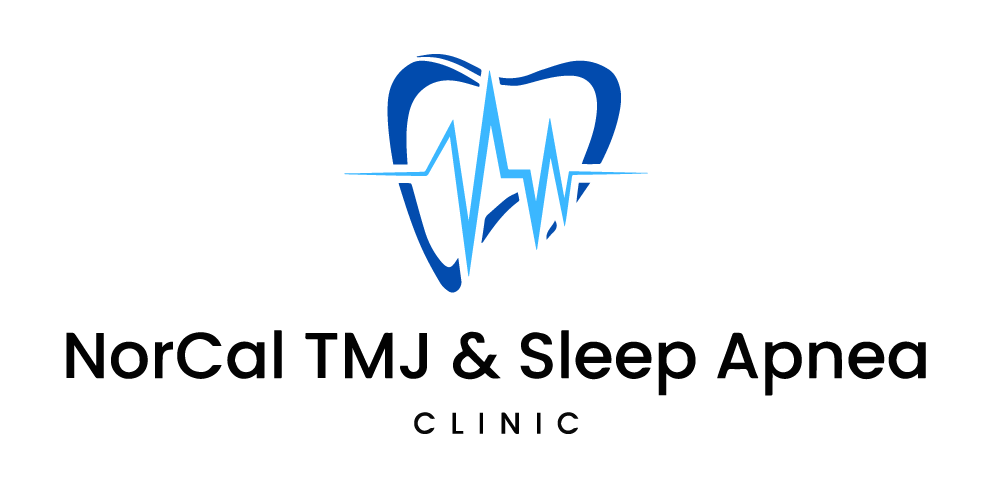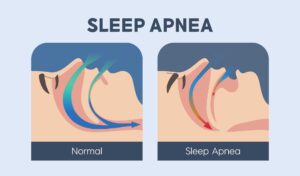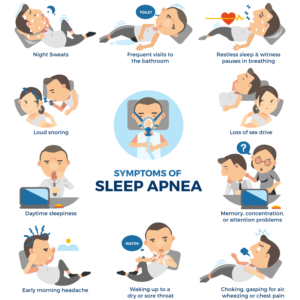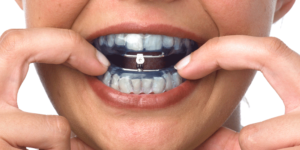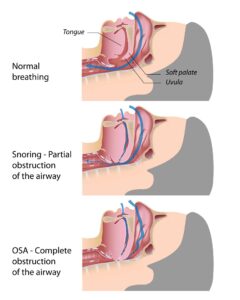Obstructive Sleep Apnea (OSA) is a sleep disorder characterized by repeated episodes of complete or partial upper airway obstruction during sleep, leading to breathing pauses and disruptions in sleep patterns. OSA can range from mild to severe, and treatment options vary depending on the severity of the condition and individual patient factors.
There are both invasive and non-invasive treatment approaches available to manage OSA:
Non-Invasive Treatment Options:
Lifestyle Modifications:
- Weight Management: Losing excess weight can reduce the severity of OSA, particularly in cases where obesity is a contributing factor.
- Positional Therapy: Some people experience OSA primarily when sleeping on their back. Encouraging side-sleeping can help alleviate symptoms.
- Avoidance of Alcohol and Sedatives: These substances can relax throat muscles and worsen OSA. Avoiding them, a minimum of four to five hours before bedtime, may be beneficial.
Continuous Positive Airway Pressure (CPAP):
- Overview: CPAP therapy involves wearing a mask over the nose or both nose and mouth during sleep. It delivers a continuous flow of air pressure, preventing the airway from collapsing.
- Effectiveness and Discomfort: CPAP is highly effective for moderate to severe OSA when used consistently. It can alleviate symptoms like snoring, daytime fatigue, and improve overall quality of life. However, some users find CPAP uncomfortable due to the mask and airflow pressure.
Oral Appliances (Oral Appliance Therapy – OAT):
- Overview: OAT includes custom-fitted dental devices like Mandibular Advancement Devices (MADs), which reposition the lower jaw and tongue to keep the airway open during sleep.
- Effectiveness and Convenience: OAT, particularly MADs, is effective for mild to moderate OSA and may be an alternative for those who cannot tolerate CPAP. One of its significant advantages is convenience, as it doesn’t involve masks or tubes like CPAP.
NightLase:
- Overview: NightLase is a non-invasive laser treatment designed to reduce or eliminate snoring and mild sleep apnea.
- Effectiveness: It is particularly suitable for individuals who snore but do not have sleep apnea. NightLase works by tightening and toning the tissues in the throat, reducing the vibration that leads to snoring.
- Comfort: NightLase is a comfortable, pain-free procedure that typically involves a series of sessions for optimal results.
Invasive Treatment Options:
Upper Airway Surgery:
- Overview: Surgical procedures aim to remove or reposition tissues that obstruct the airway, such as the uvula, tonsils, or excess tissue in the throat.
- Effectiveness: Surgery can be effective for some individuals with anatomical issues causing OSA. However, its success rate varies.
Maxillomandibular Advancement (MMA) Surgery:
- Overview: MMA surgery repositions the upper and lower jaws to enlarge the airway. It is typically reserved for severe OSA cases.
- Effectiveness: MMA surgery has a high success rate but is considered a last resort due to its invasiveness.
Inspire Therapy:
- Overview: Inspire therapy is a surgically implanted device that stimulates the hypoglossal nerve to prevent airway collapse during sleep.
- Effectiveness: It’s suitable for moderate to severe OSA cases and can be effective when other treatments are ineffective or not tolerated.
Tracheostomy:
- Overview: This is a last-resort surgical option where a hole is created in the trachea, bypassing the upper airway obstruction.
- Effectiveness: Tracheostomy is highly effective but is reserved for life-threatening OSA that does not respond to other treatments.
The choice of treatment depends on the patient’s OSA severity, individual preferences, and potential side effects. Treatment should always be discussed with a sleep specialist to determine the most appropriate approach for each patient’s unique situation. Regular follow-up and compliance with treatment recommendations are essential to effectively manage OSA and improve overall health and quality of life.
At our clinic, we specialize in non-invasive treatments for sleep-related issues. We exclusively offer MAD and NightLase, to cater to individuals seeking effective, comfortable, and non-surgical solutions for their sleep concerns.
